
Hearing loss or deafness occurs for a number of reasons. There are several different types of deafness and also different degrees of deafness. Deafness due to ear infections is relatively common but fortunately, in most cases, it is only temporary.
Deafness and ear infections
Temporary hearing loss is one of the side effects of many ear infections, especially in children. Children are particularly prone to ear infections, such as otitis media or middle ear infection. Otitis externa or swimmer’s ear is also often associated with temporary hearing loss.
When a part of the ear, such as the middle ear, becomes infected from bacteria or viruses, the body reacts to it by producing extra secretions, fluids and pus. Those secretions collect inside the ear, pressing against the eardrum and causing pain or tenderness. Since the ear is filled with fluid and pus, the sound cannot travel normally through its usual route, which results in some degree of hearing impairment. It can be mild and only affect the ability to detect sounds of certain frequency, or it may involve total hearing loss.
Deafness due to ear infections is usually temporary, especially if the infection is properly treated. As soon as the infection clears and the fluid and pus evacuate the ear, the hearing will go back to normal. However, if the infection is left untreated or if it progresses and damages the structures inside the ear, it can lead to complications such as permanent hearing impairment.
Managing and preventing ear infections
In order to avoid the risk of hearing loss due to ear infections, it is necessary to treat the infection and soon as it starts and to take measures to prevent the infection from occurring in the first place.
Mild ear infections can be treated at home, using over-the-counter ear drops, which may contain antibiotics or analgesics. However, if this does not help and if the symptoms, such as pain, hearing problems and fever, persist after a few days of home treatment, it is better to see a doctor who will prescribe more efficient medications.
Certain risk factors should be avoided in order to prevent ear infections from occurring or recurring. Those include very loud noises, seasonal viral infections such as cold and flu, inserting objects into the ear, such as q-tips, pencils, pins, fingers and such, eliminate water stuck in the ear after swimming or diving, smoking and such. If there is earwax, it should be removed using mineral oil or olive oil drops, not cotton swabs. Persons who produce more earwax than normal should have it removed by a doctor or a nurse.





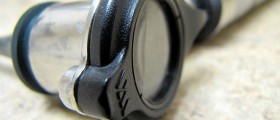
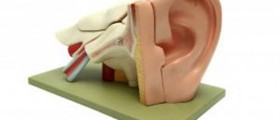

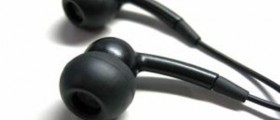


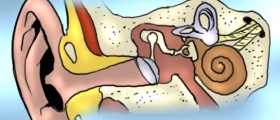



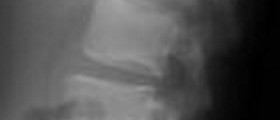

Your thoughts on this
Loading...